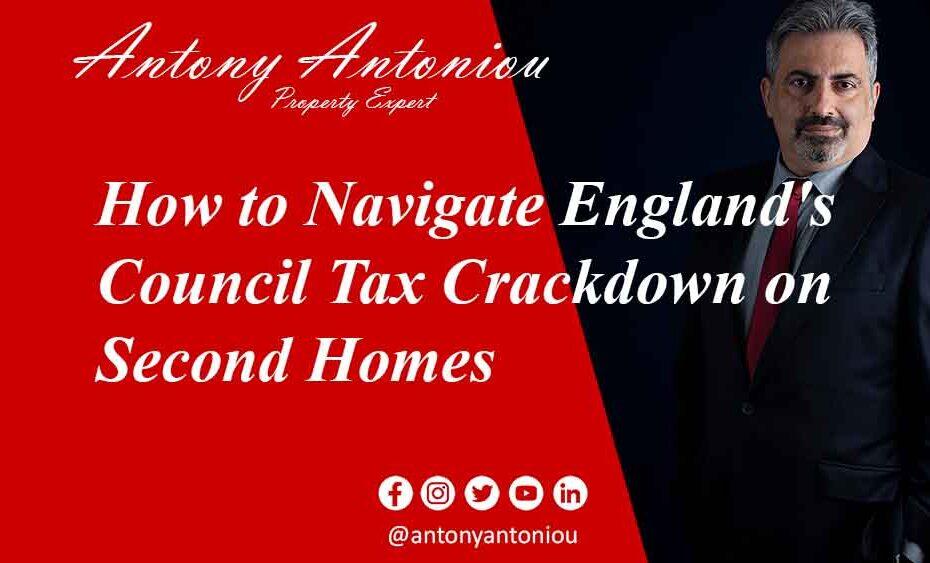How to Navigate England’s Council Tax Crackdown on Second Homes
Introduction:
Owning a second home can be a dream come true, offering the chance to escape to your own private retreat whenever you desire. However, as local authorities across England tighten their grip on council tax regulations for second homeowners, it’s crucial to be aware of the potential impact on your wallet. With new rules set to come into effect, many second homeowners may find themselves facing hefty tax increases. But fear not! In this blog post, we’ll explore some strategies to help you cut the tax you pay on your extra properties and make the most of your second home ownership.
**1. Understanding the Council Tax Crackdown**
Recent developments in the Levelling-Up and Regeneration Bill have granted local authorities greater power to increase council tax for second homeowners. The definition of an “empty home” will be broadened, and the time a property can be empty before incurring a council tax premium will be shortened. Previously, some second homeowners faced a premium if their property remained unoccupied and “substantially unfurnished” for two years. Under the new rules, this premium will be applied after just one year of the property being unoccupied, and even “substantially furnished” properties will fall under its purview.
While 78 out of England’s 297 councils have already voted to apply this premium, the changes will not take effect until the financial year starting in 2025, allowing homeowners some time to prepare.
**2. Utilizing Exemptions**
In England, certain exemptions can help second homeowners reduce or avoid the council tax premium. These include:
– **Annex Exception**: Properties designated as annexes are exempt from the council tax premium.
– **Armed Forces Exception**: Second homeowners in the armed forces, who must move into armed forces accommodation for work-related reasons, are also exempt from the premium.
– **Reset Period**: When a property remains empty for the specified period, the council tax premium is triggered. To reset the clock and avoid the premium, second homeowners must fill the property for a minimum of six weeks. If the property becomes empty again before the reset period expires, the premium will be applied again immediately.
**3. Switching to Business Rates**
An increasing number of second homeowners are opting to register their holiday lets as businesses to circumvent the council tax premium. By switching from council tax to business rates, they can claim small business rate relief and potentially reduce their tax bill by up to 100%.
However, the rules have changed to discourage this practice. To claim business rate relief in England, the property must have been commercially let for at least 70 days in the previous year, with 140 days of continued advertising for short-term lettings and frequent tenant changes.
**4. Cutting Capital Gains Tax Liability**
If you plan to sell your second home, you can reduce your capital gains tax liability by claiming business asset disposal relief. This can bring your capital gains tax bill down from 28% to 10%, provided you have let out the property for 105 days a year in the last two years of ownership and advertised it for an additional 210 days a year.
**5. The Changing Landscape of Second Home Ownership**
The rise in second homeowners claiming business rates relief has significantly increased over the past few years. The number of holiday let properties in the business rates lists in England and Wales eligible for 100% business rates relief has grown considerably. Cornwall, Devon, Dorset, and Somerset have seen a surge in the number of properties claiming this relief.
**Conclusion**
As local authorities tighten the screws on council tax for second homeowners, it’s essential to stay informed about the changes that may affect your property. By understanding the new rules, utilizing exemptions, and exploring legitimate ways to reduce your tax liability, you can continue to enjoy the benefits of owning a second home without being burdened by exorbitant tax bills. Always consult with tax experts or advisors to ensure you’re making the most tax-efficient decisions for your specific situation. Happy second home owning!

